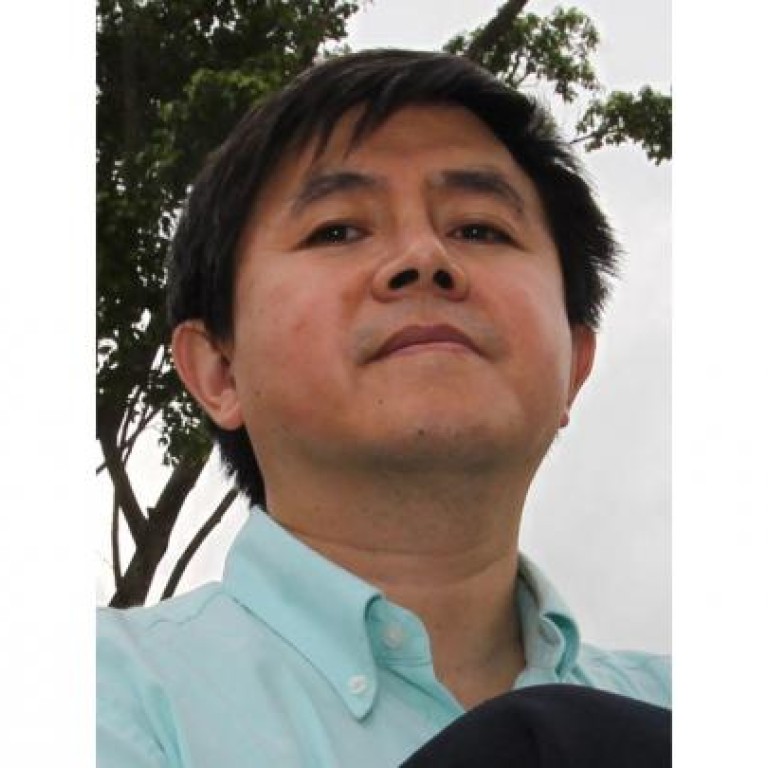
Rights groups miss out on easing of registration rules for NGOs
Registration controls are relaxed to aid social development, but advocacy groups are shut out
Mainland authorities are moving to ease registration controls on four categories of NGOs to further social development while continuing to shut out groups advocating civil rights.
Industry and commerce associations, community-based care groups, charity groups and NGOs promoting scientific research will no longer be required to find a government agency to be their patron before registering for an NGO licence with civil affairs departments, according to a draft rule on social organisations.
The proposed easing of rules for NGOs is part of a restructuring bill which the State Council, the mainland's cabinet, has tabled to the National People's Congress for deliberation this week.
The Communist Party has been trying to reach out to NGOs in an effort to formulate a broad consensus amid rising social tensions and discontent over excessive bureaucracy and rampant irregularities among government-backed NGOs.
However, the bill says NGOs of a political, legal and religious nature and global NGOs with an office on the mainland will still have to find a "patron" government agency before registration due to "complicated circumstances".
Analysts place the number of NGOs on the mainland at about four million. But only some 400,000 have received a licence, with the vast majority forced to register as a business or to operate without any licence because they cannot afford to pay corporate taxes.
Rights advocacy does not amount to opposition to the government because we simply do something the governments fail to deliver and something we think we could do better
Finn Kwok, director general of Equity & Justice Initiative, a Shenzhen-based NGO advocating rights for underprivileged people, says the new policy sends a positive signal in terms of nurturing NGOs in general after a similar pilot scheme was introduced in Guangdong in 2011.
But he says it is much harder for a rights advocacy group like his to apply for an NGO licence due to the government's distrust of such NGOs.
Kwok, who registered his group as a corporation, says he fears that requiring rights advocacy groups to find a patron government agency before receiving a licence will tie their hands as independent organisations.
"Rights advocacy does not amount to opposition to the government because we simply do something the governments fail to deliver and something we think we could do better," Kwok said.
Wan Yanhai , founder of Aizhixing Institute which advocates for HIV/Aids sufferers, says it may have to think of registering some of its offices on the mainland as a different NGO in order to obtain legal NGO status.
But he says he is worried that governments may set some pre-conditions before allowing them to do so, particularly as Aizhixing is almost entirely funded by overseas grants.
Tsinghua University professor Jia Xijin , an NGO studies specialist, says the authorities maintain tight control of NGOs advocating civil rights, as they still view them as threats to social stability. And such NGOs are now being forced to operate outside the law, she says.
